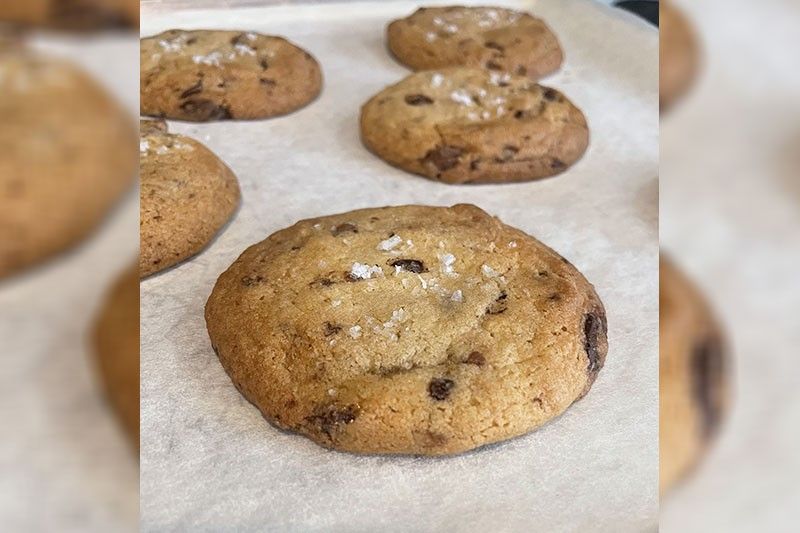
Upgrade to High-Speed Internet for only ₱1499/month!
Enjoy up to 100 Mbps fiber broadband, perfect for browsing, streaming, and gaming.
Visit Suniway.ph to learn
By SHERYLIN UNTALAN, GMA Integrated News
Published April 15, 2025 12:40pm
Health advocates are sounding the alarm over what they call a “dangerous and aggressive” push by the vape industry to recruit new users — particularly young Filipinos — by distributing free vape products in bars and clubs.
In an interview with GMA News Online, health experts and advocates raised concerns over representatives of vape brands who have been spotted frequenting nightlife hotspots in Metro Manila, allegedly handing out free vape devices and flavored pods to club-goers to try for the night.
“This is not just irresponsible marketing — it’s predatory,” said Atty. Sophia Monica San Luis, Executive Director of ImagineLaw.
“They know exactly who they’re targeting: young people out for a good time, vulnerable to peer pressure, and unaware of the long-term health consequences,” she added.
Under Republic Act No. 11900, or the Vaporized Nicotine and Non-Nicotine Products Regulation Act, promotional activities that appeal to minors — including giving out free samples and using youth-centric designs — are strictly prohibited.
The law also bans the promotion of these products through events, sponsorships, and celebrity collaborations.
“What’s happening in bars and clubs is a direct violation of the law. They’re offering free trials like it’s a harmless lifestyle choice, when in fact these products are highly addictive and harmful,” San Luis added.
The Southeast Asia Tobacco Control Alliance (SEATCA) also expressed concern over the “club marketing” trend, noting that flavored vapes, often with candy or fruit-like scents, are part of a broader strategy to hook first-time users.
“This is the same playbook the cigarette industry used decades ago—just repackaged with neon lights and social media. They’re glamorizing vaping as part of nightlife culture, and we fear this will fuel another wave of addiction among Filipino youth,” said Dr. Ulysses Dorotheo, SEATCA Executive Director.
Social media has also played a role in amplifying this trend—what health experts call an “epidemic”—putting both youth and the country at risk of an outbreak of e-cigarette or vape-associated lung injury (EVALI).
Influencers and event promoters have been observed posting about “vape parties” and “exclusive launches,” sometimes tagging brands or showcasing gift bags with vape devices and accessories.
Public health groups are now urging the Department of Trade and Industry (DTI) and the Department of Health (DOH) to investigate and crack down on these illegal promotions.
“This isn’t just about enforcing regulations—it’s about protecting an entire generation,” San Luis noted.
According to the Institute for Health Metrics and Evaluation, over 115,000 Filipinos die annually due to diseases related to alcohol, tobacco, and vaping. Health professionals fear that glamorizing vape use in nightlife settings will only accelerate this public health crisis.
As Eleksyon 2025 nears, public health advocates are also calling on candidates to commit to stricter enforcement and stronger health taxes on harmful products. — LA, GMA Integrated News

 2 weeks ago
12
2 weeks ago
12



